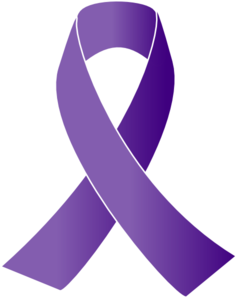Thirtymile Fire – The Days After
Following release from the scene and check-ups at the hospital, everyone involved were told to meet at the North Cascades Smokejumper Base (a facility able to house the large group) where an official debrief was conducted. While well intended, the way this debrief was conducted wasn’t well received by many of the participants.
The next day, separate but overlapping investigations began with the Occupational Safety and Health Administration (OSHA), U.S. Forest Service, and the Office of Inspector General (OIG). The OIG investigation lasted until 2009.
On Thursday July 12th, resources were released. Some were given the option to take a week of paid leave with their families while others were instructed to return to work on Monday or use leave for additional time off.
In the following days and weeks, there were a series of memorials for the fallen firefighters.
Organizational Learning
Following feedback from this incident and others, the wildland fire service has learned and continues to learn how to move forward following critical incidents. Peer support is one of many tools used in Critical Incident Stress Management (CISM). For many this has become a preferred model for wildland firefighter-involved critical incidents.
Following feedback from this incident and others, the wildland fire service has learned and continues to learn how to move forward following critical incidents. Peer support is one of many tools used in Critical Incident Stress Management (CISM). For many this has become a preferred model for wildland firefighter-involved critical incidents.
“Social connectedness is one of the strongest protective factors against stress reactions and is linked to emotional well-being and recovery following trauma and adversity.” - Dr. Patricia Watson.The peer support concept is founded on peers or people of mutual respect helping each other. In our case, firefighters helping firefighters. The shared experience of peers fosters the initial trust and credibility necessary for developing relationships. Peer-to-peer programs facilitate opportunities for individuals to talk with trained peer supporters who serve as a bridge to connect with mental health professionals. Peer support groups can offer educational, social support, build resilience, and provide avenues for additional help if needed. The standard of care for the peer support concept is the International Critical Incident Stress Foundation. Peer support training is offered multiple times throughout the year.
Discussion Questions:
- Do you know your organization’s plan for taking care of people involved in a critical incident? If not, who does?
- What can you do to mentally prepare for difficulties faced during and after a critical incident?
- The need for human connectedness continues long after the trauma, but the traumatized individuals often can’t reach out for it themselves. Think 30 days later…what can you do to reach out and connect to someone who experienced a traumatic event? What about one year later? Or 10 years or even 20 years later?
- Critical Incident Stress Management Program
- NWCG Mental Health Subcommittee
- International Critical Incident Stress Foundation, Inc.
- Incident Management Situation Report (IMSR)
- Incident Response Pocket Guide (IRPG), PMS 461
- NWCG Standards for Helicopter Operations, PMS 510
- RT-130, Wildland Fire Safety Training Annual Refresher (WFSTAR)
- Interagency Standards for Fire and Fire Aviation Operations (Red Book)
- Wildland Fire Lessons Learned Center
Visit the 6 Minutes for Safety Week of Remembrance webpage for more information.



No comments:
Post a Comment